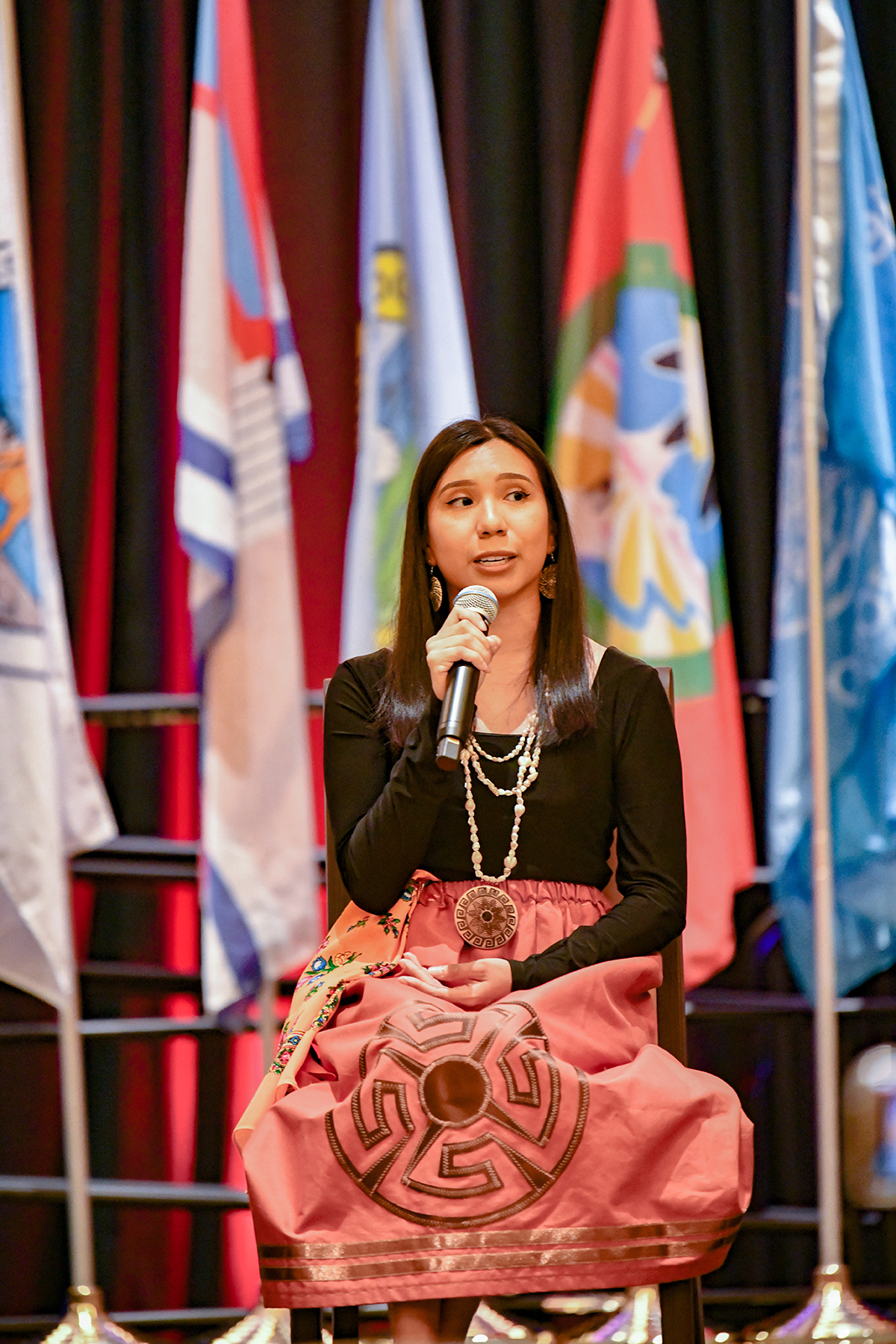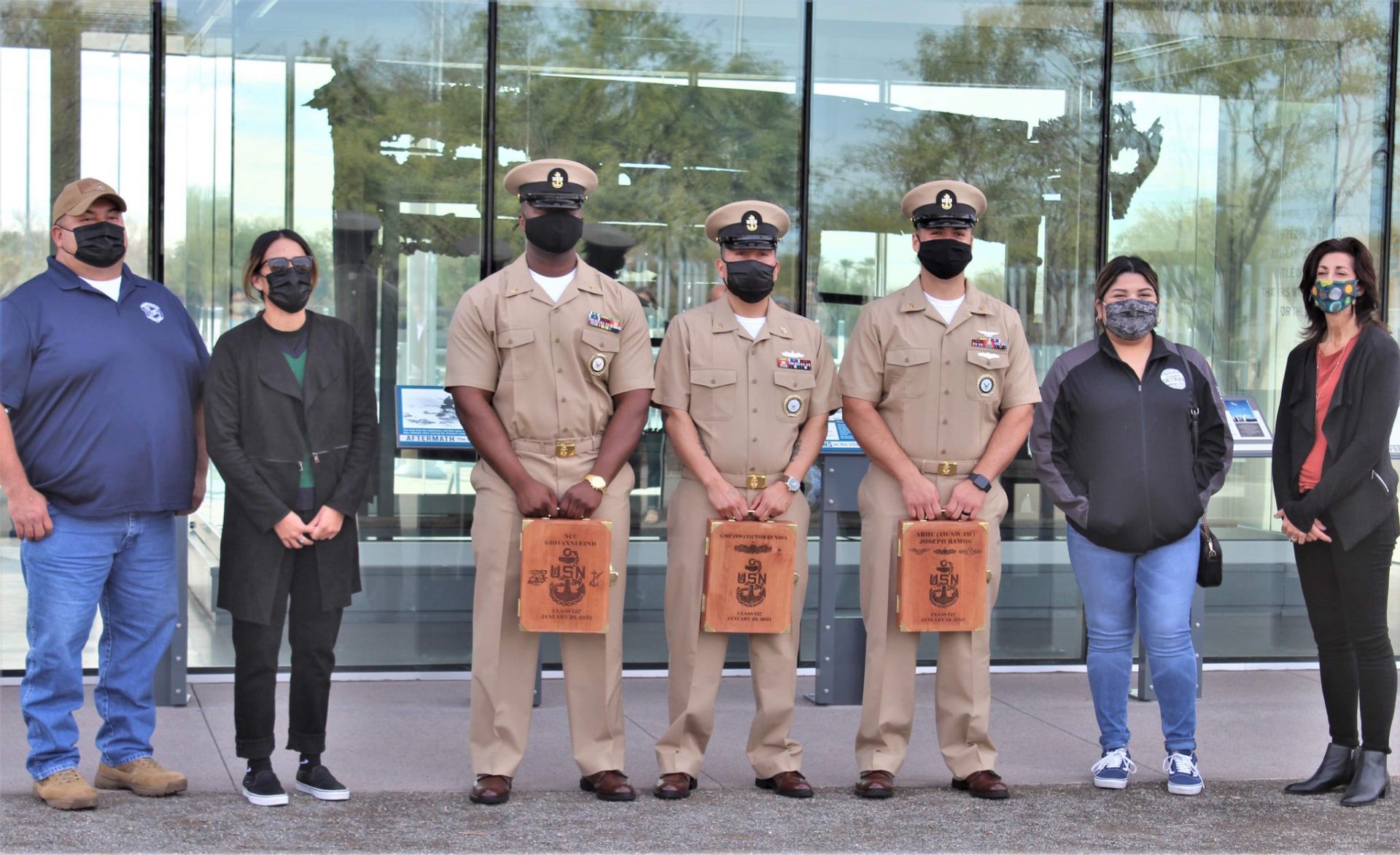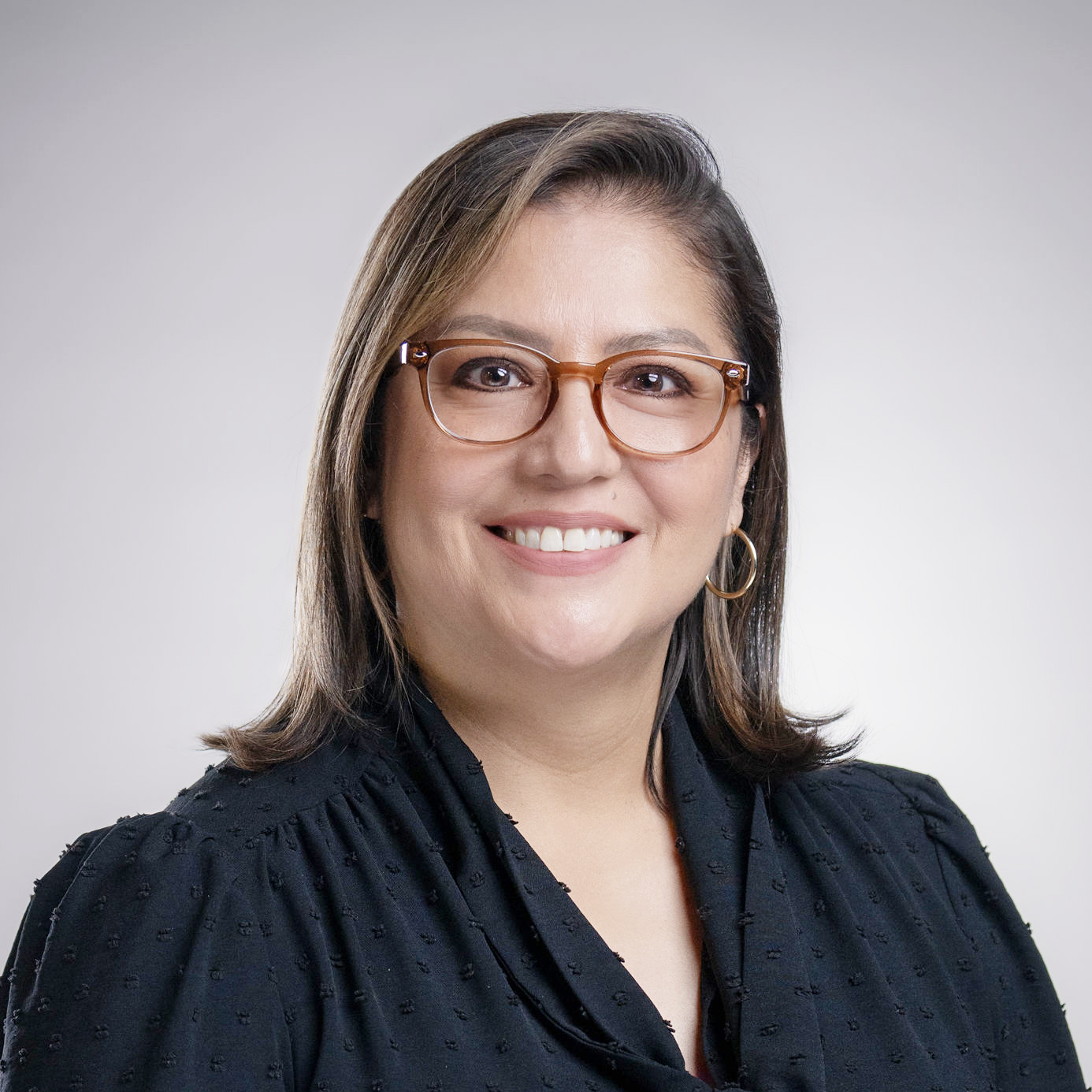VIEWS: 1923
October 17, 2024Arizona Native American Voter Forum Discusses the Power of Native and Youth Voting
Native Americans living in Arizona have the power to swing elections. In the 2020 election, Native American voters helped Democrats clinch Arizona for President Joe Biden. Previously, the last time Native Americans helped Arizona become a Democratic state was in 1996. Arizona is considered to be a swing state in the upcoming 2024 election. A swing state is any state that is politically divided so evenly that it could be won by either the Republican or the Democratic candidate in an election.
On September 30, Four Directions, Arizona Tribal Nations, the Coalition of Large Tribes and the Phoenix Indian Center held a three-day Arizona Native American Voter Forum at the Talking Stick Resort Ballroom.
Established in 2022, Four Directions is an official partner of the Coalition of Large Tribes and is a national voting rights leader for Native Americans. Their approach focuses on Native voting rights, voter empowerment, voter protection and voter engagement.
Indian Country was well-represented during the conference as elders Robert Stone (Gila River) and Lessert Moore (Oglala Lakota) provided the opening prayers. The Ira Hayes American Legion Post 84 Honor Guard presented the colors.
Salt River Pima-Maricopa Indian Community President Martin Harvier provided the welcome address on the first day of the conference, in which he shared his views on the historical significance of the upcoming election.
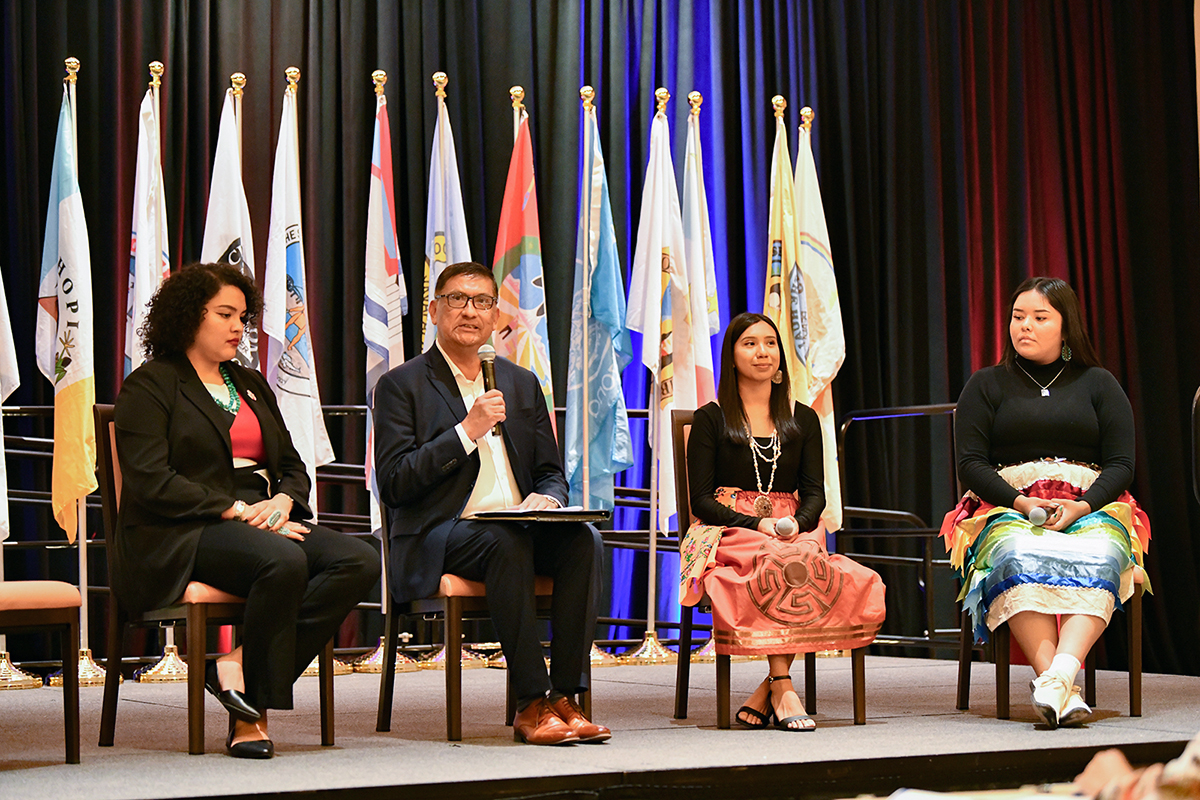
Youth (UNITY), Salt River Pima-Maricopa Indian Community member Sistine Lewis, and Jayden Harvey, Arizona State University student.
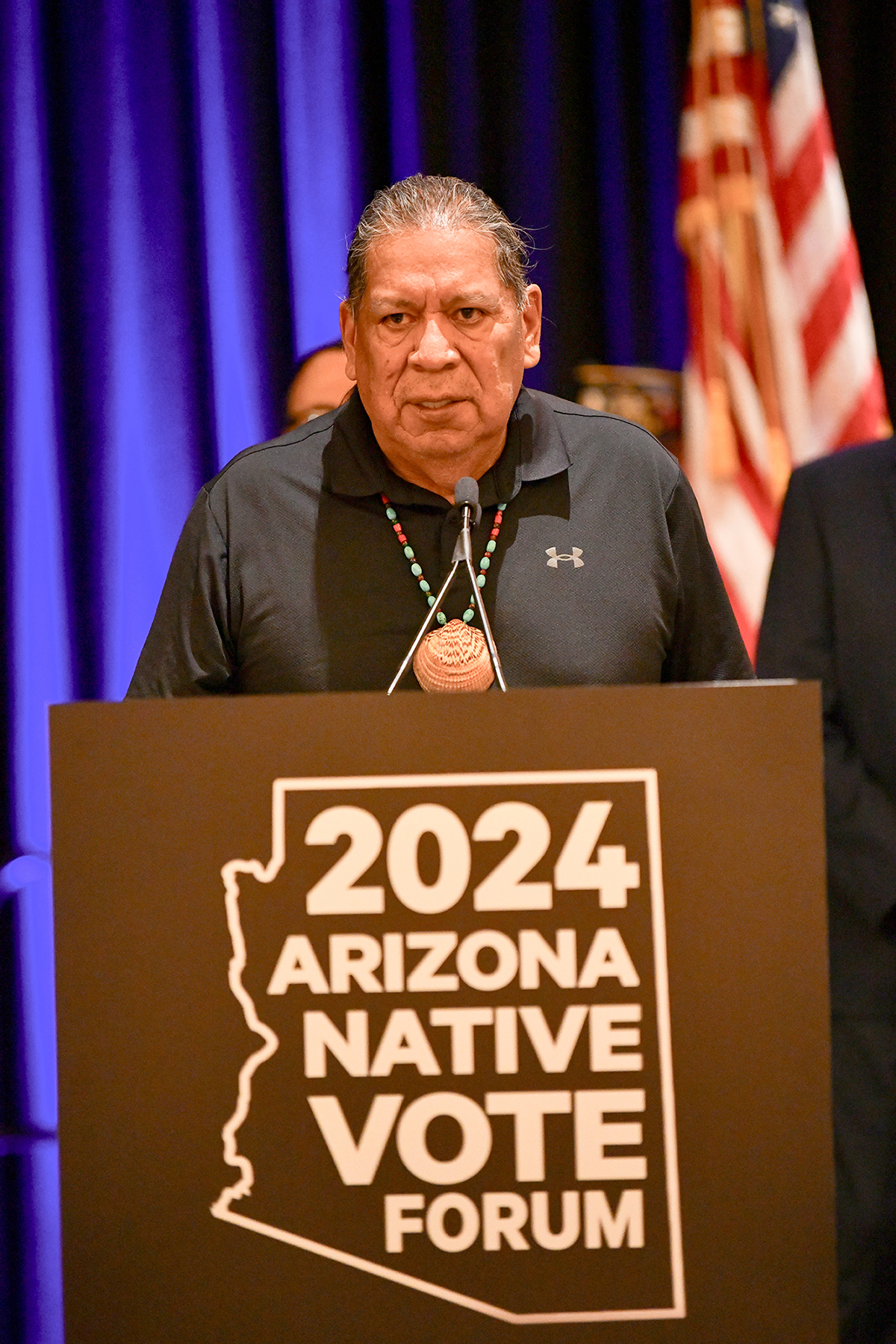
attendance prior to the beginning of the forum.
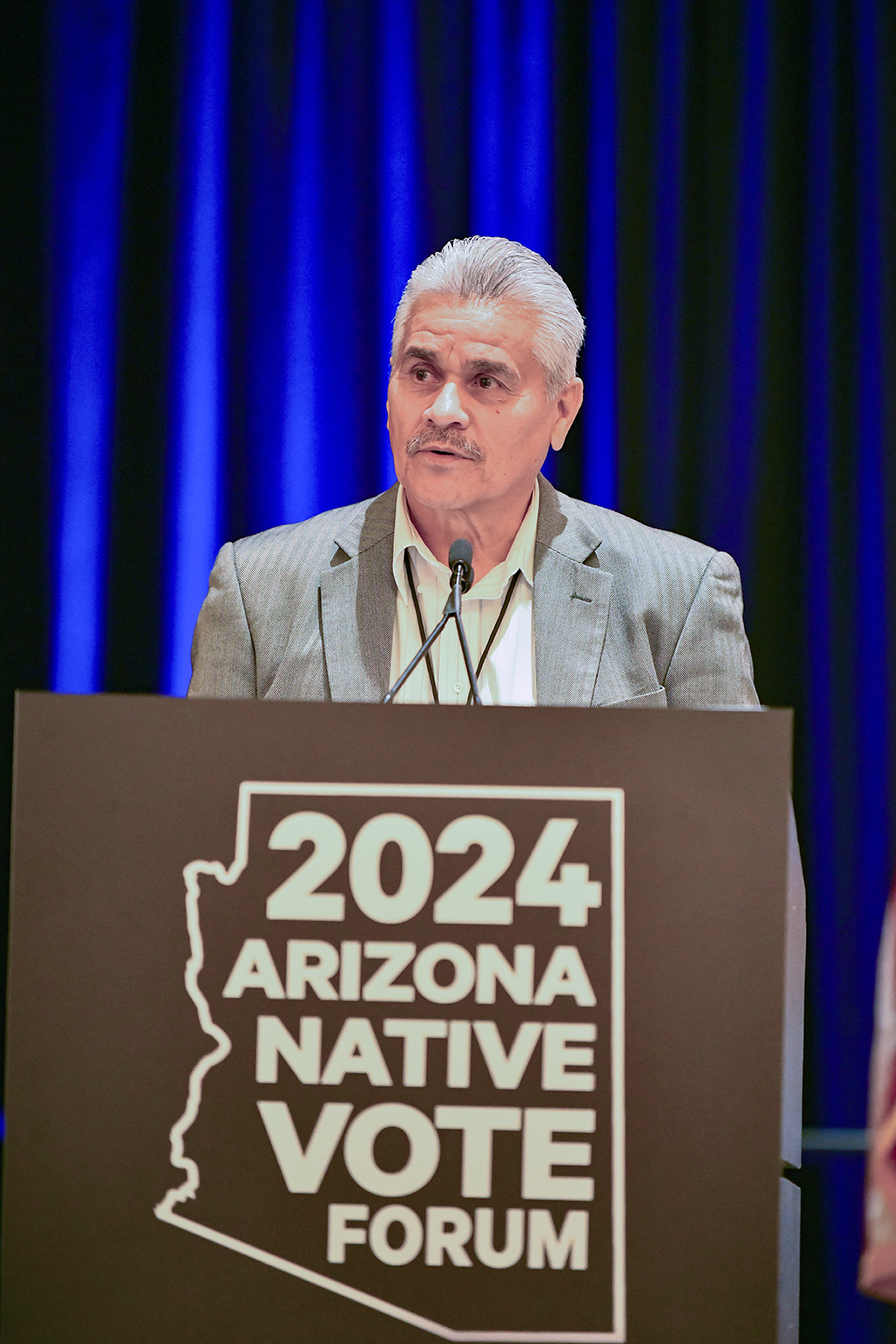
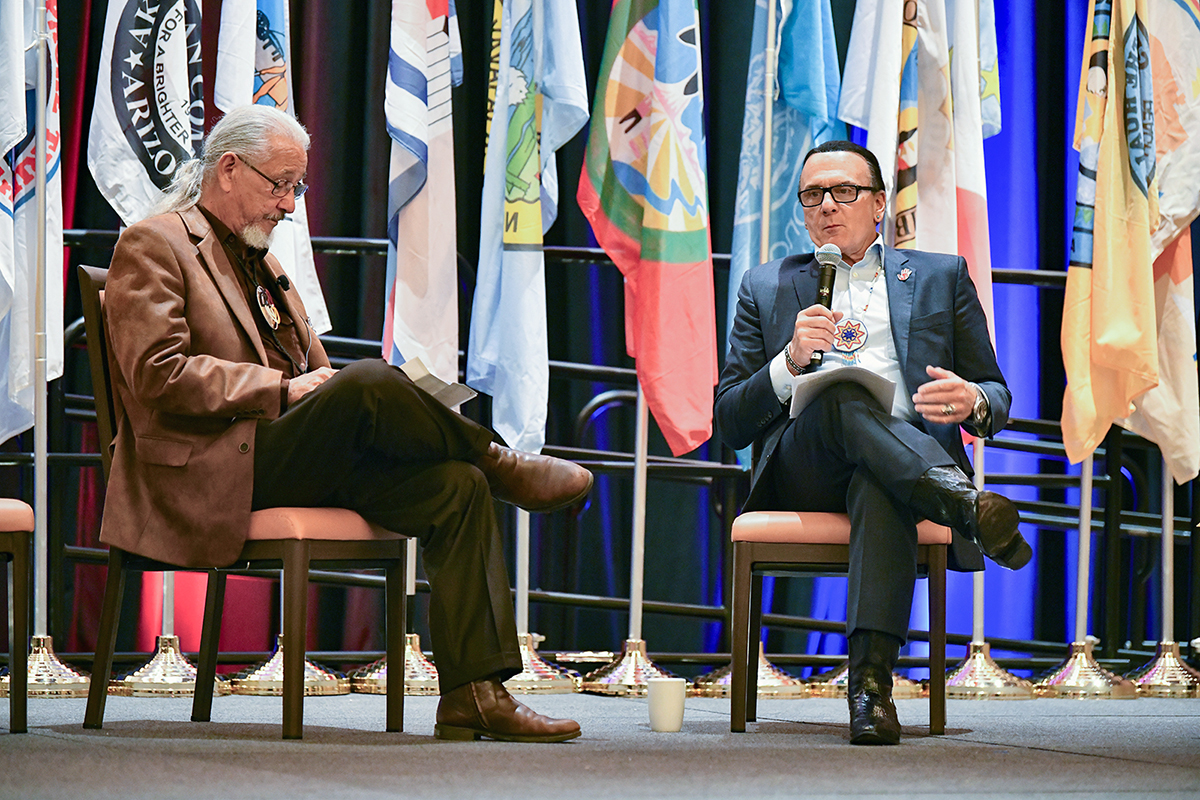
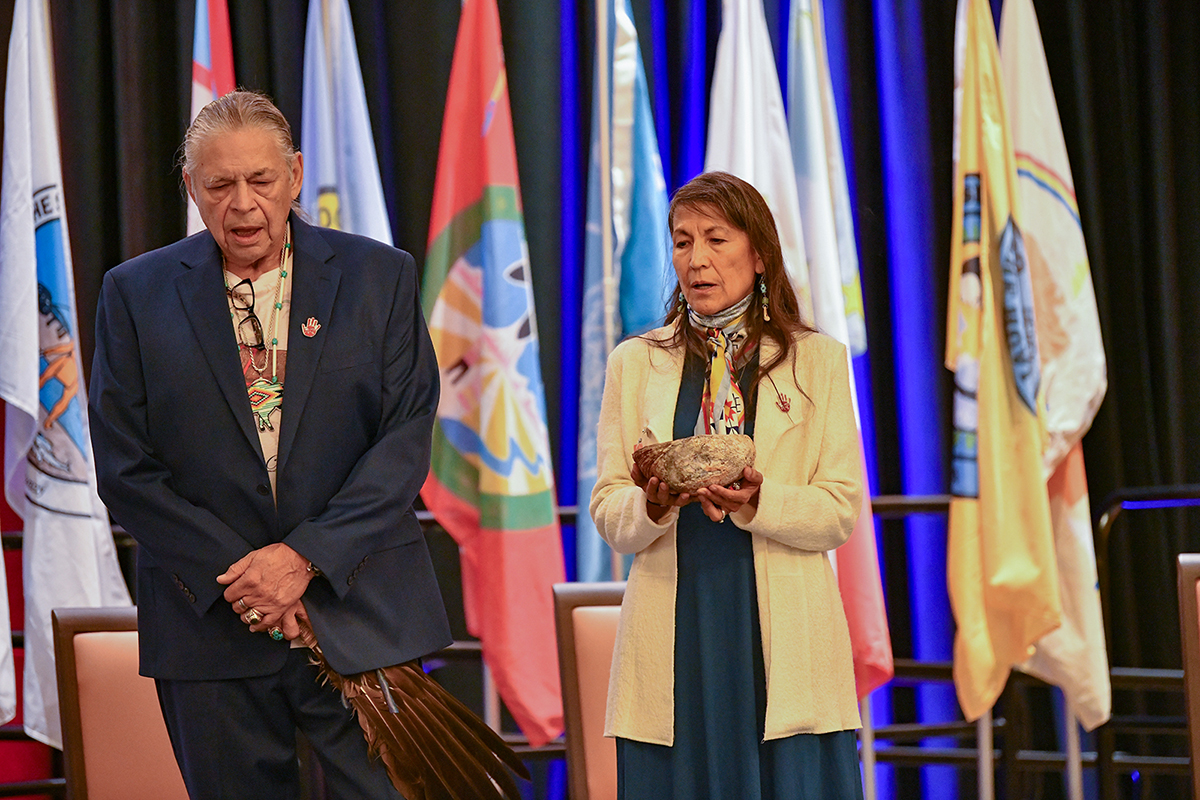
“Notably, this election is occurring 100 years after the Indian Citizenship Act of 1924, when it became a law that Native people were the very last people to vote. Here we are 100 years later, and we’re still fighting for our rights to vote,” he said.
Historically, Arizona’s Native Americans have one of the highest rates of voter suppression in the country. In 2006, the U.S. Department of Justice published findings in which they discovered harassment and intimidation directed toward voters living on the Navajo Nation.
SRPMIC member and recent Scottsdale Community College graduate Sistine Lewis sat on a panel titled “Securing the Future (Young Voters Leading the Way).”
Joining her on the panel were Ayden Clytus (Navajo), communications specialist for the Phoenix Indian Center, and current Arizona State University student Jalen Harvey (Navajo). Greg Mendoza (Gila River/Tohono O’odham/Pascua Yaqui), programs director for United National Indian Tribal Youth (UNITY), served as the moderator during the discussion.
“Empowering Native voters during an election is a very powerful concept that focuses on increasing voter participation, representation and advocacy among our Native communities. It ensures our Native votes are heard and considered in our tribal and national elections,” shared Mendoza.
During the discussion, Lewis was asked how young voters are working toward reducing the generational gaps of political participation within their families and tribal communities. “Our parents and grandparents don’t understand social media as much, but our youth does,” began Lewis. “The youth see something posted online and they share it with their families and ask, ‘Did you see this event that was posted online? We should go to it!’”
Lewis detailed how youth and their online followers open the lines of communication by actively discussing current events happening in today’s world via social media both locally and nationally. “We do care about what’s happening to our 22 tribes,” she added. “The youth follow back and we talk about what is happening and how we can raise awareness.”
She added, “One way the youth can [be active in voting] is to ask their parents, ‘What is voting?’ and ‘How can I vote?’” Lewis concluded her statement by adding that she only sees positive impacts in the community when parents choose to support and answer their children when they are asked questions about voting.

